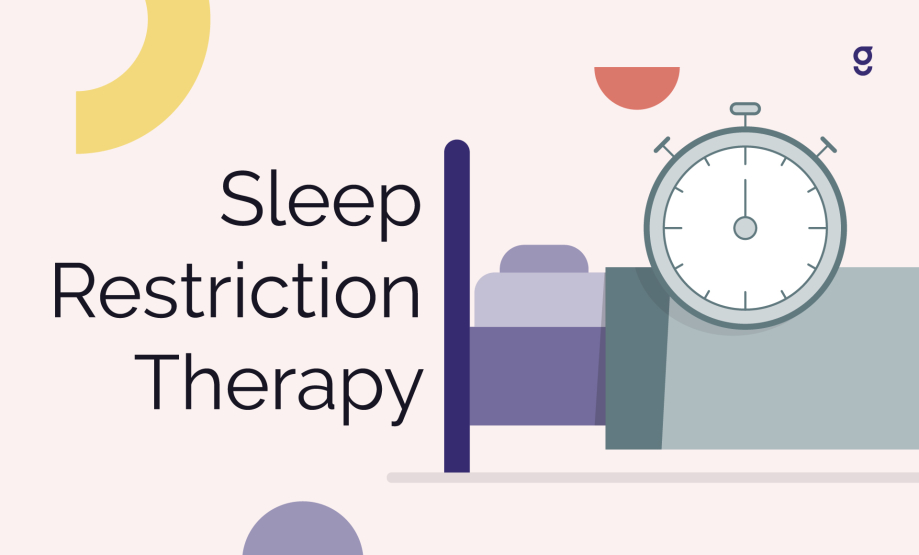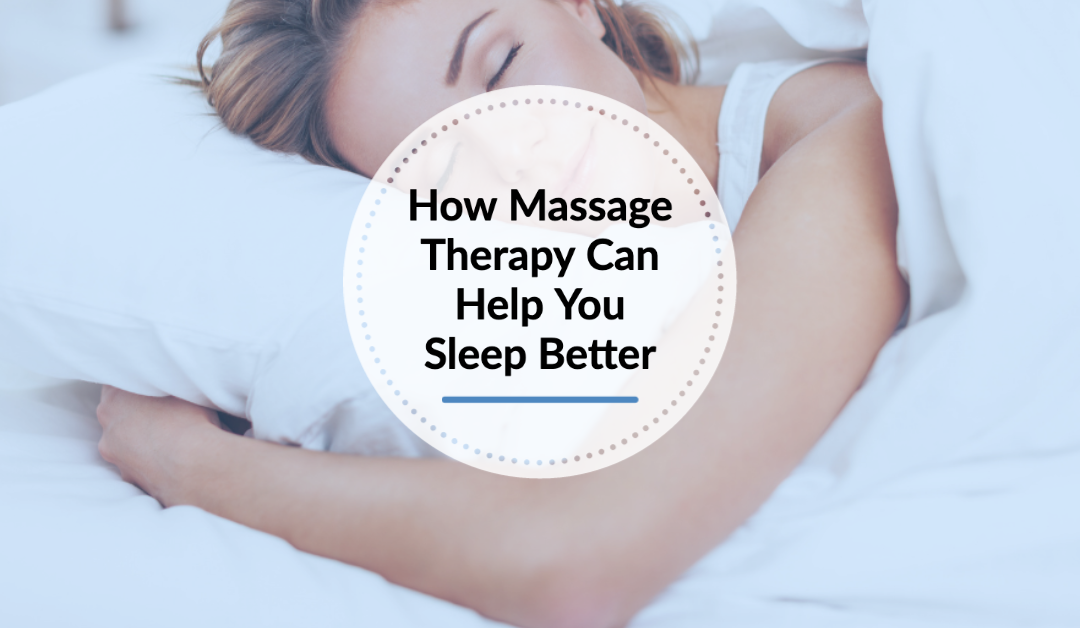Professional Insomnia Counseling - Get Professional Guidance
Professional Insomnia Counseling - Get Professional Guidance
Blog Article
Efficient Treatment Solutions for Handling Rest Disorders and Enhancing Relaxing Rest
In the world of healthcare, the management of sleep conditions and the mission for peaceful sleep are critical elements of general well-being. Reliable therapy remedies supply a multifaceted technique to deal with these obstacles, varying from cognitive behavioral treatments to alternative methods that promote relaxation and mindfulness. The expedition of different approaches, consisting of the integration of drug and light therapy, opens up a realm of opportunities in the pursuit of far better sleep high quality. As we navigate the intricate landscape of rest problems and seek to boost our rest experience, a much deeper understanding of these treatment remedies may hold the key to opening a much more relaxing and fulfilling restorative journey.
Cognitive Behavior Modification for Insomnia (CBT-I)
Cognitive Behavior Therapy for Sleeping Disorders (CBT-I) is an organized, evidence-based treatment strategy that focuses on resolving the underlying factors adding to rest disruptions. This sort of therapy intends to customize actions and ideas that exacerbate sleeplessness, ultimately advertising healthy and balanced sleep patterns. CBT-I normally includes a number of vital parts, consisting of cognitive therapy, sleep restriction, stimulus control, and rest hygiene education.
Cognitive treatment helps people recognize and transform negative idea patterns and ideas about rest that might be hindering their capacity to fall or stay asleep. Sleep limitation entails limiting the amount of time spent in bed to match the person's actual rest duration, thus enhancing rest performance (insomnia solutions). Stimulation control methods help establish a solid organization in between the bed and sleep by urging individuals to visit bed just when sleepy and to prevent involving in promoting tasks in bed
Additionally, sleep health education and learning concentrates on creating healthy and balanced sleep habits, such as maintaining a regular sleep routine, producing a relaxing going to bed routine, and maximizing the sleep atmosphere. By dealing with these aspects comprehensively, CBT-I provides an effective non-pharmacological intervention for taking care of sleeplessness and boosting total rest quality.
Sleep Health Practices
Having developed the foundation of cognitive restructuring and behavioral adjustments in addressing sleeping disorders through Cognitive Behavior modification for Insomnia (CBT-I), the focus now shifts in the direction of checking out essential Sleep Hygiene Practices for preserving ideal sleep quality and total health.
Sleep hygiene practices encompass a variety of habits and ecological elements that can significantly influence one's ability to drop asleep and remain asleep throughout the night. Constant sleep and wake times, developing a relaxing bedtime regimen, and optimizing the sleep environment by maintaining it dark, peaceful, and cool are vital parts of excellent sleep health. Restricting direct exposure to screens prior to going to bed, avoiding stimulants like caffeine close to bedtime, and engaging in regular physical activity throughout the day can likewise promote far better rest quality.
Additionally, exercising leisure methods such as deep breathing workouts or meditation before bed can aid relax the mind and prepare the body for sleep. By including these rest hygiene methods right into one's daily routine, individuals can develop a healthy rest pattern that sustains relaxing rest and total wellness.
Relaxation Strategies and Mindfulness
Applying leisure strategies and mindfulness practices can play an essential role in cultivating a sense of tranquility and promoting high quality sleep. Additionally, assisted images can aid move people to a peaceful place in their minds, aiding in anxiety decrease and boosting sleep see this here quality.
By integrating these methods into a going to bed routine, people can signal to their bodies that it is time to prepare and unwind for rest. On the whole, incorporating leisure methods and mindfulness techniques can substantially add to handling sleep problems and improving overall sleep high quality.

Medicine Options for Sleep Disorders
After checking out relaxation methods and mindfulness practices as non-pharmacological treatments for improving sleep quality, it is vital to take into consideration medication options for people with rest conditions. In instances where way of living adjustments and therapy do not supply enough relief, medicine can be a valuable device in managing rest disturbances.
Generally suggested drugs for rest disorders include benzodiazepines, non-benzodiazepine hypnotics, antidepressants, and melatonin receptor agonists. Benzodiazepines, such as diazepam, are sedatives that can aid generate sleep, yet they are normally advised for temporary usage due to the risk of reliance. Non-benzodiazepine hypnotics like zolpidem are likewise made use of to deal with insomnia and have a reduced danger of reliance compared to benzodiazepines. Antidepressants, such as trazodone, can be advantageous for individuals with co-occurring anxiety and rest disturbances. Melatonin receptor agonists, like ramelteon, target the body's natural sleep-wake cycle and can be useful for regulating sleep patterns.
It is critical for people to talk to a medical care provider to determine one of the most suitable drug option based upon their particular rest condition and case history.
Light Treatment for Circadian Rhythm Regulation
Light treatment, likewise referred to as phototherapy, is a non-invasive therapy technique utilized to regulate circadian rhythms and boost sleep-wake cycles. This treatment includes exposure to bright light that mimics all-natural sunshine, which helps to reset the body's interior clock. By subjecting individuals to particular wavelengths of light, typically in the early morning or night depending upon the desired effect, light treatment can properly change the circadian rhythm to advertise wakefulness throughout the day and improve relaxing sleep at Read More Here evening.
Research study has actually revealed that light therapy can be specifically useful for individuals with circadian rhythm problems, such as delayed rest stage syndrome or jet lag. It can also be helpful for those experiencing seasonal depression (SAD), a kind of anxiety that commonly occurs throughout the cold weather when all-natural light exposure is reduced. Light treatment is typically well-tolerated and can be utilized together with other treatment methods for rest disorders to optimize end results and boost total rest high quality.
Final Thought
In conclusion, effective treatment remedies for managing rest disorders and enhancing relaxed sleep include Cognitive Behavior modification for Sleeplessness (CBT-I), sleep hygiene practices, relaxation techniques and mindfulness, medication alternatives, and light treatment for body clock regulation. These methods can assist individuals improve their sleep top quality and total health. It is essential to seek advice from a health care supplier to establish one of the most ideal technique for addressing rest problems.
As we browse the elaborate landscape of sleep disorders and seek to enhance our rest experience, a much deeper understanding of these treatment remedies may hold the key to unlocking an extra relaxing and satisfying restorative trip.
Rest constraint entails limiting the amount of time spent in bed to match the individual's real rest period, thus enhancing rest efficiency. Consistent rest and wake times, creating a relaxing bedtime routine, and enhancing the sleep setting by maintaining it dark, peaceful, and cool are critical parts of good sleep hygiene. Light treatment is usually well-tolerated and can be made use of in conjunction with various other therapy techniques look these up for sleep conditions to optimize results and enhance total sleep quality.

Report this page